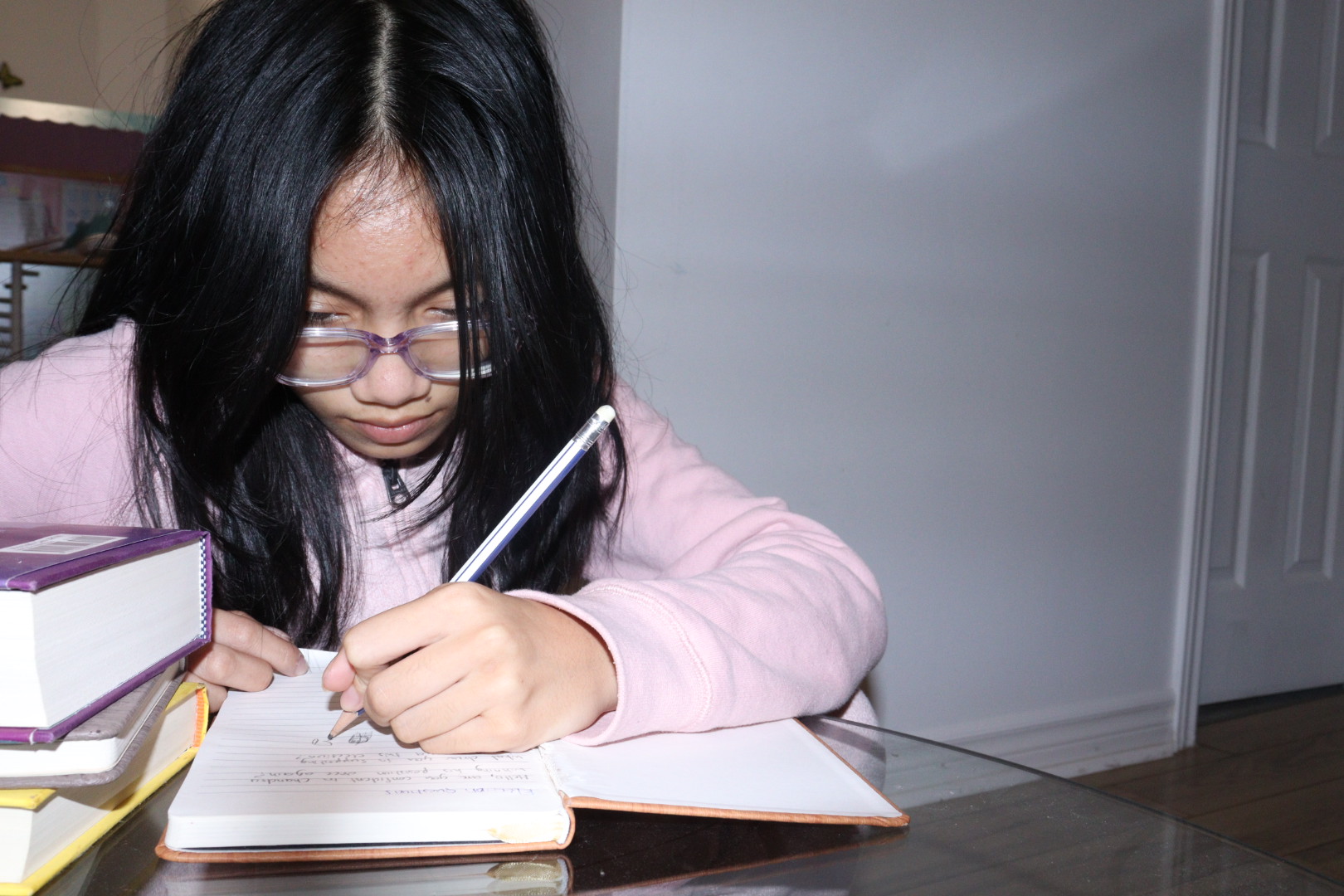As students begin their exams in November, Bethany Wiseman, learning strategist at Algonquin College, holds a workshop to help students improve their study process to their fullest potential.
The event was broken down into three different sections, the first being the types of learners and the different methods of studying.
Wiseman spoke about the three types of learners: the visual, the auditory and the kinesthetic. Although the learner category can be broken down into these three specific types, Wiseman explains that most people have different aspects of each in their studying habits.
“The reality is most people aren’t so strongly one type of learner that that’s the only way they can learn,” Wiseman said. “Most people actually benefit most as combination learners, they learn by seeing something, hearing something and by doing something interactive,” Wiseman added.
Along with the three types of learners, Wiseman explained how some learning theorists have identified a fourth type of learner called read and write learners, who learn best by doing assignments and the process of reading up on whatever subject they are learning at the moment.
Wiseman then told a story about how she would ask students how they study and 95 per cent of the time they would say read. Wiseman then continued to explain that reading is actually not an effective strategy skill for studying and it actually leaves you with nothing most of the time unless you do the reading routinely.
“What we actually do when we’re reading is we mistake that for understanding the material, but really what it means is we understand it for the moment but that doesn’t necessarily mean you retained it, so even though 95 per cent of students say they read to study it’s actually not an effective way to study,” Wiseman said.
Wiseman encourages students not to just read but to study actively and practice with the materials they are given in class for certain subjects.
“If you take one word away from today it’s practice, and getting practise using the material in advance of a test,” Wiseman said.
Retrieval practise and spaced practise was the most relevant form of studying that was focused on in the workshop.
Retrieval practice is storing the information in your head and not just reading it while spaced practice is studying a little at a time and not all at once.
Other helpful study processes include elaboration, concrete examples, dual coding and interleaving, a form of studying in which you switch between ideas while studying.
The end of the event concluded with a take-home message from Wiseman.
“Try to tweak a couple of things, if you change two or three things, does it give you better results?” Wiseman said. “If one of those things doesn’t work try something new, the one major change I would say, that I see make the most difference for most students is the shift to retrieval practice, self-quizzing and starting early with spacing practice,” she added.
Hafsah Omar, a second-year student in the office of the health administration services program at Algonquin, says she uses retrieval practice and memorizing her material when it comes to studying.
“I study in those ways because it helps me memorize certain concepts and that I learn throughout each course,” Omar said.
Omar also agrees with the statement of actively practising and not just reading the material once.
“Write down notes in your notebook when attending lectures, do extra practice for each assignment within that course in order to review the skills you have learned, always do the homework given to you by the teacher,” Omar said.


